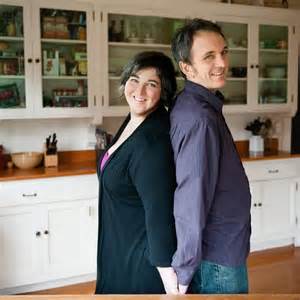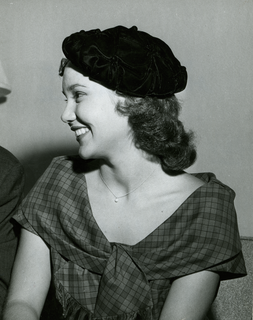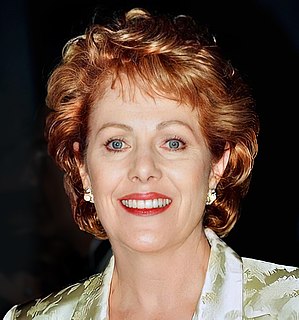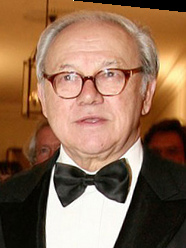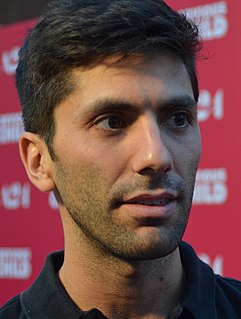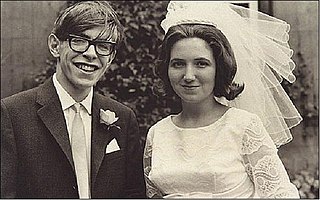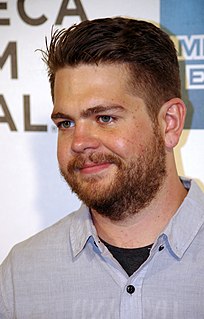A Quote by Howard Rheingold
What person doesn't search online about their disease after they are diagnosed?
Related Quotes
When I was first diagnosed, I went out, as a book person, and got some books on cancer and looked up my version of the disease. It said that I had about a 5 percent chance of survival. I said, 'Gosh, well, it's been a good run.' What I didn't realize is that in the two years since those books were published, things had shifted dramatically.
I had scarcely met Stephen, and then one Saturday I met some old friends for coffee, and they were saying, 'Gosh it's terrible about Stephen, isn't it?' They told me that he had been in St. Bartholomew's Hospital in London having horrible tests and then had been diagnosed with an atypical form of a rare disease - motor neurone disease.
Don't separate the mind from the body. Don't separate even character - you can't. Our unit of existence is a body, a physical, tangible, sensate entity with perceptions and reactions that express it and form it simultaneously. Disease is one of our languages. Doctors understand what disease has to say about itself. It's up to the person with the disease to understand what the disease has to say to her.

